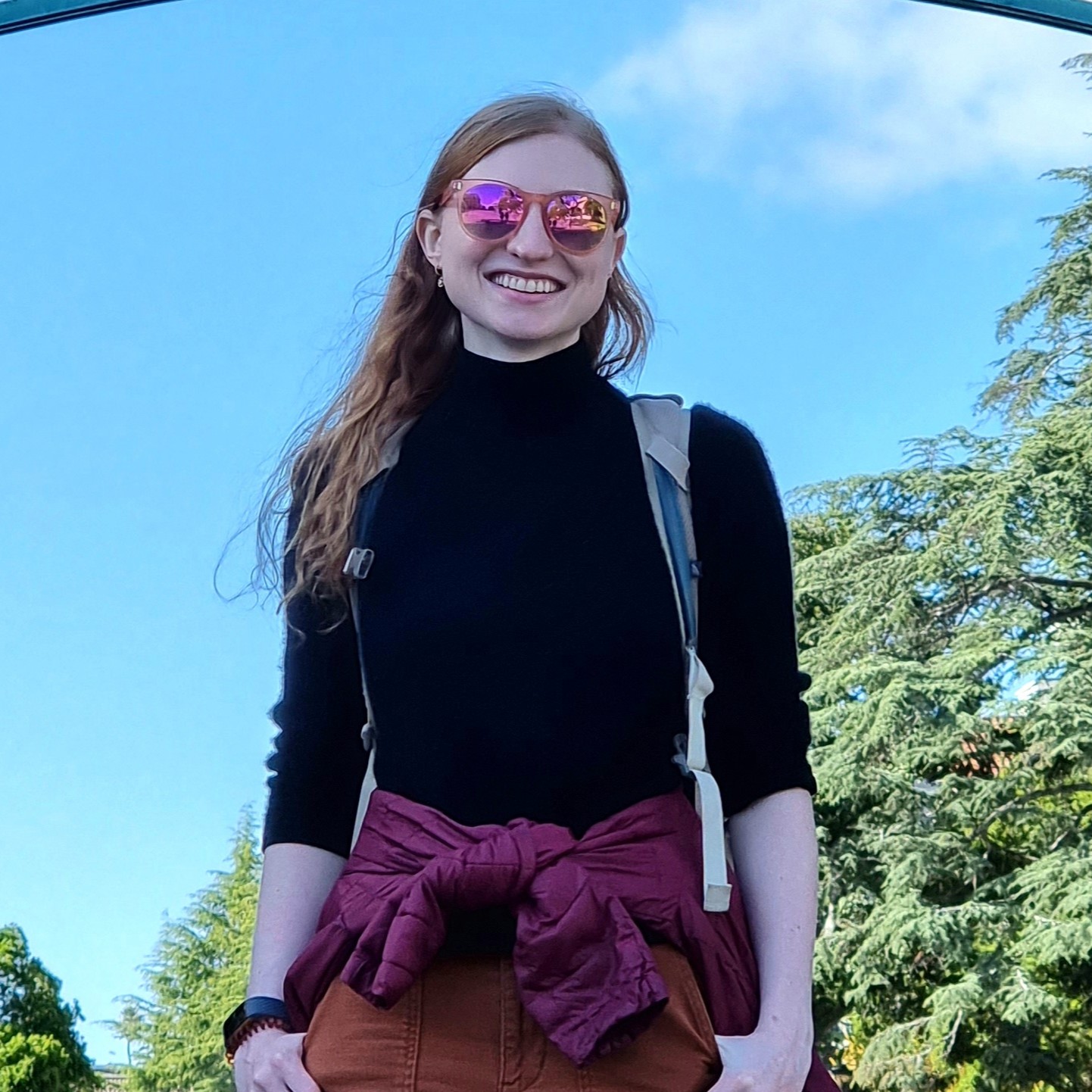About Me

Hi! I'm Rachel.
I'm a Research Scientist at Microsoft Research, Cambridge, where I work on the mathematical foundations of machine intelligence — how to shape abstraction, reasoning, and generalization in learning systems. I'm most interested in problems at the intersection of algorithms, dynamical systems, formal mathematics, and AI.
I got my PhD in Computer Science in 2023 from UC Berkeley, advised by Alistair Sinclair. You may also know me from: R&D at Pixar Animation Studios, software engineering at Reservoir Labs, undergrad in applied math at Yale, or my hometown on Long Island, NY.
When I'm not working on research, I dabble in educational outreach, digital art, activism, puzzle hunts, hiking, and running long distances.